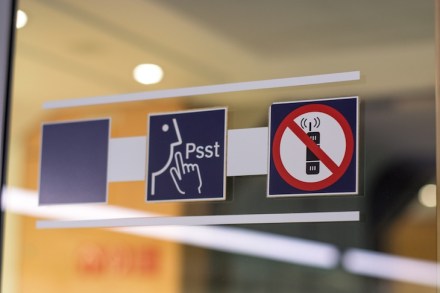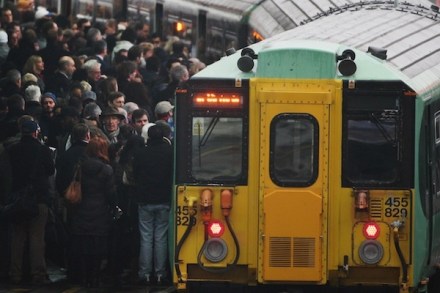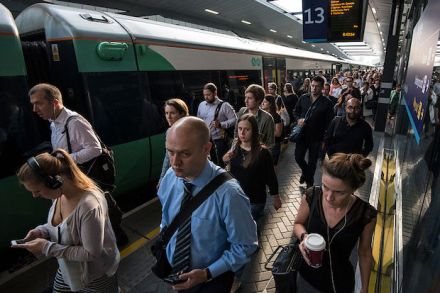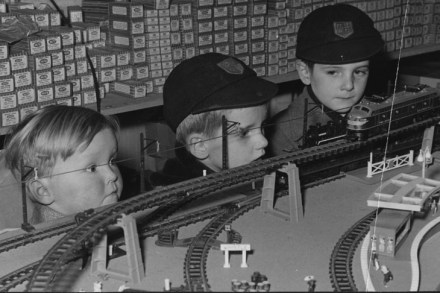Why I’m not on board with quiet carriages
Every now and then I try to invent a new scientific unit. I’ll never come up with anything as good as the millihelen — a unit of beauty sufficient to launch one ship — or the Sheppey, which is a distance of approximately seven-eighths of a mile defined as ‘the minimum distance at which sheep remain picturesque’. But I do have hopes for the tedion, which measures the half-life of boredom: it denotes the time you must spend in a location to enjoy a 50 per cent chance of overhearing someone say something interesting or funny. On a train to Cardiff or Manchester, a tedion is probably around five to

















